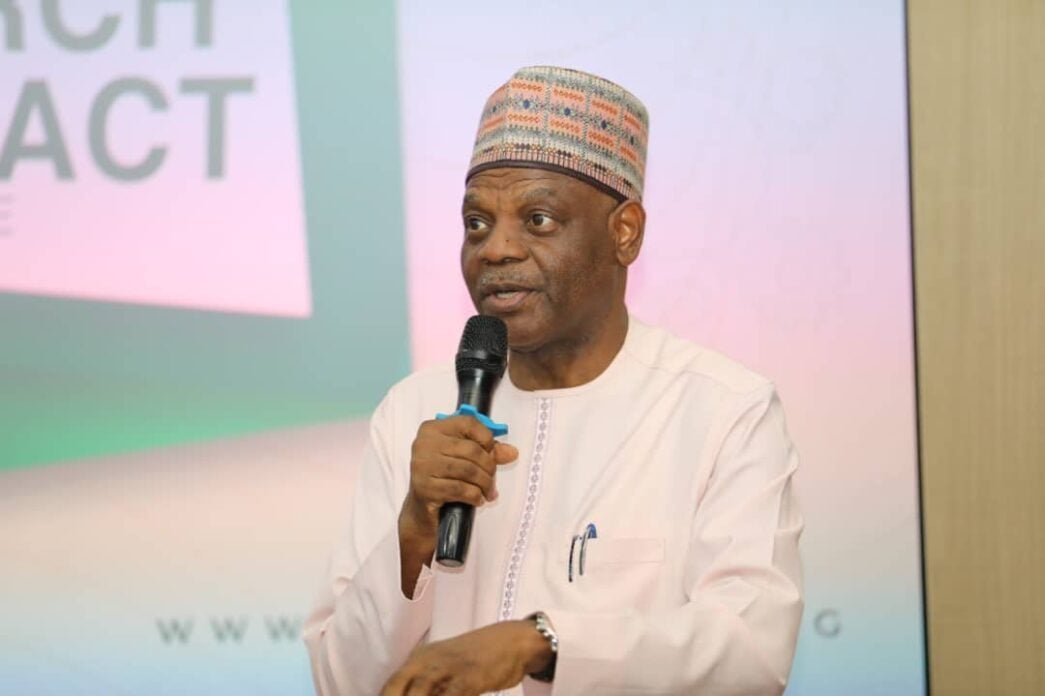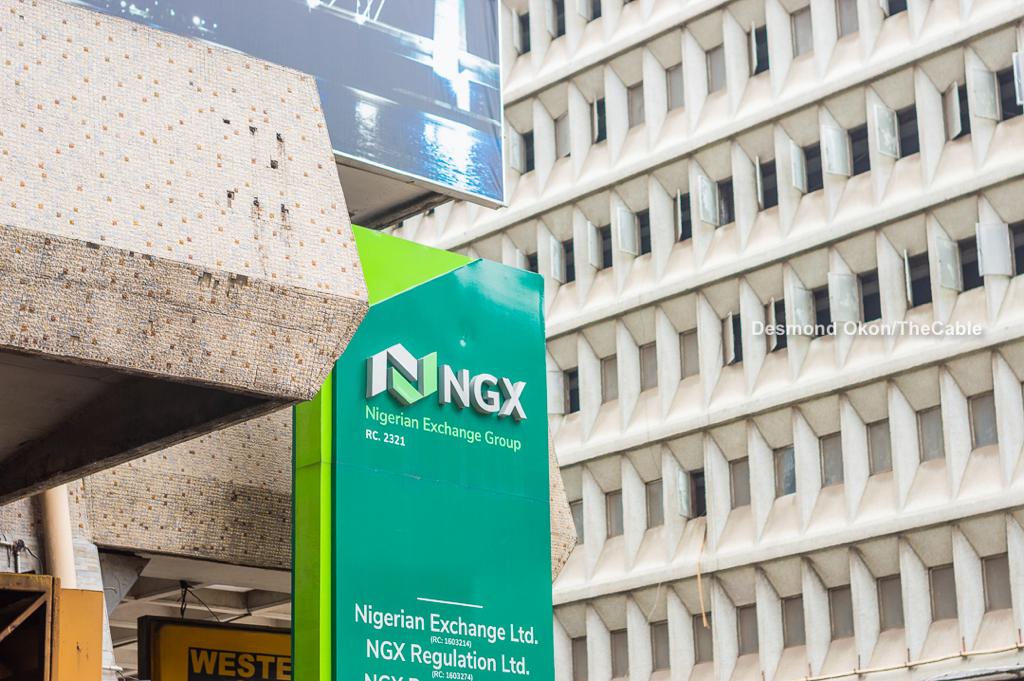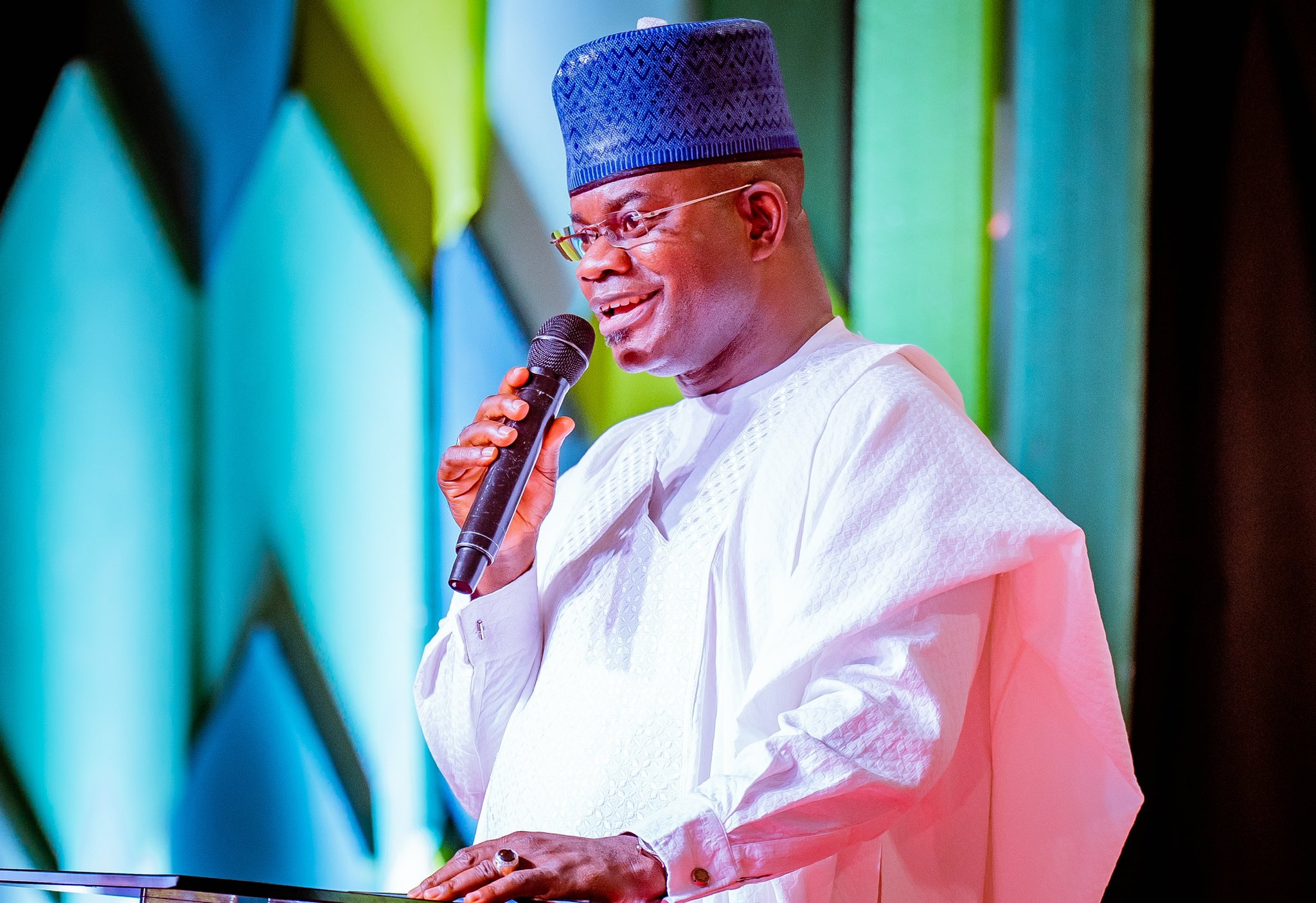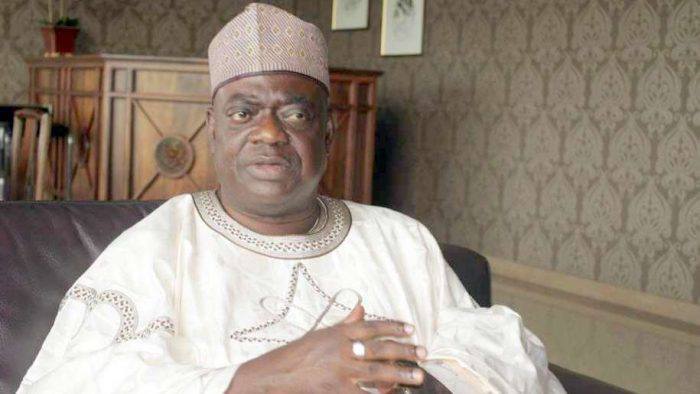Sonny Echono
Sonny Echono was appointed as the executive secretary of the Tertiary Education Trust Fund (TETFund) in 2022. He has since introduced several reforms to reposition the fund for greater efficiency and impact.
In this interview with TheCable’s SAMUEL AKPAN, Echono addresses some of the most pressing issues facing tertiary institutions — from the controversy around tuition fees and unclaimed funds to the burden of rising electricity costs.
He also outlines TETFund’s recent investments in alternative energy, medical education, and digital infrastructure and addresses concerns about political interference and legislative scrutiny.
TheCable: Recently, you proposed that federal universities should introduce tuition fees. How do you respond to critics who argue that it would limit the opportunities of poor Nigerians?
Advertisement
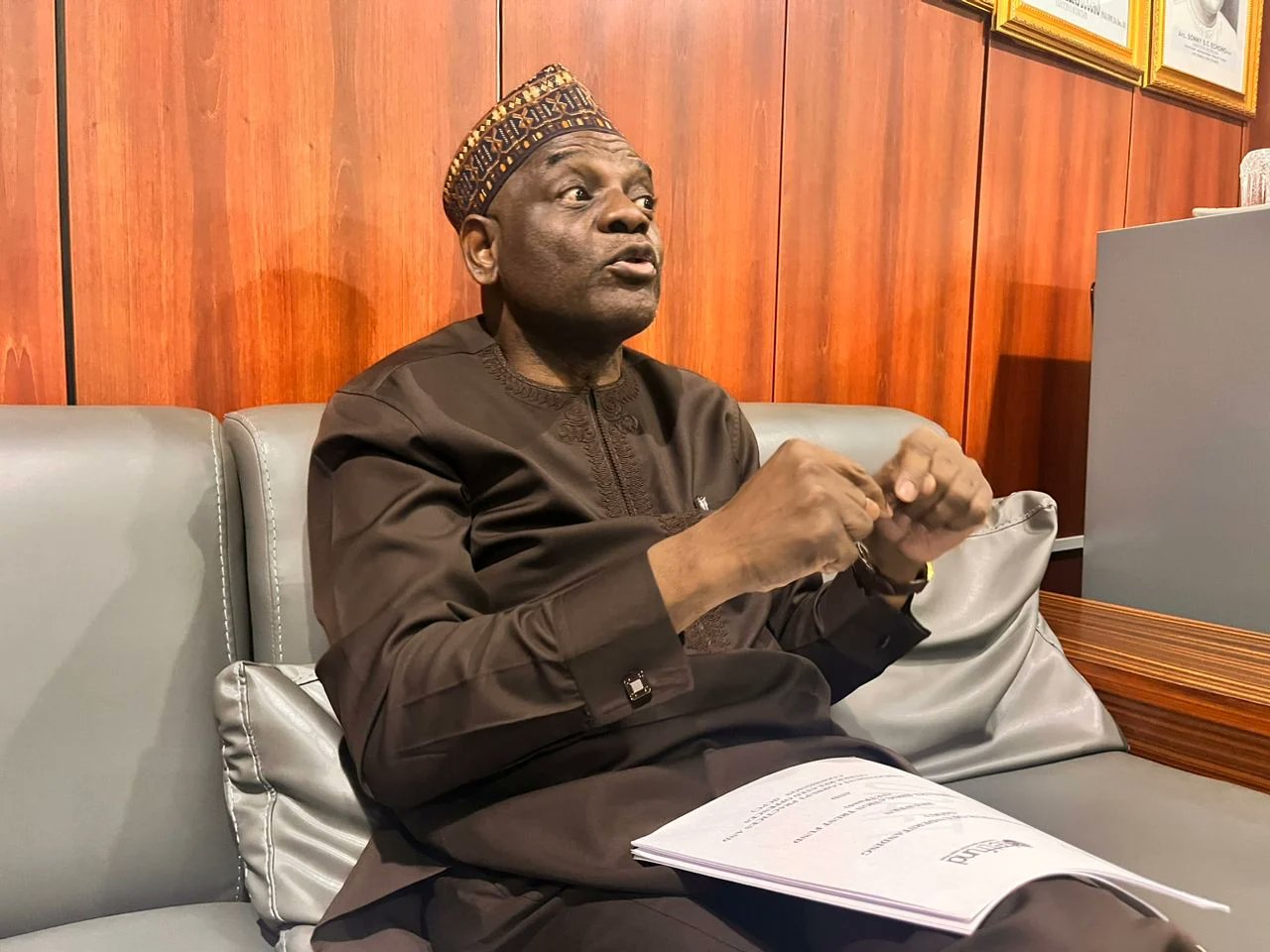
Echono: I didn’t advocate for school fees. It is important to clarify that. I only drew attention to the fact that it would be inevitable if the federal government funding were not sustained.
Already, Nigerians are paying school fees in private universities. Some state universities have also introduced school fees. Students in federal institutions don’t pay tuition fees, but they do pay other charges, such as accommodation, examination, and registration fees, among others. Federal universities get funding from TETFund and other government sources.
Recall that as part of the proposal to review the tax bills, there was a proposal to stop TETFund funding to institutions. I remarked that if this happens, the schools will be left with no choice but to charge school fees.
Advertisement
I also made the same observation based on the reality that there is no such thing as free education. Education can be made free to a particular segment, but somebody else will have to pay that bill. It comes at a cost. Even if you are on a scholarship, it doesn’t mean that your education is free; someone is paying for you.
TheCable: Recently, the chairperson of the house committee on TETFund said there are over N500 billion in unclaimed funds with TETFund. What is your response to this?
Echono: Well, she is correct in terms of the absolute figure, but the circumstances should be better explained. At any given point in time, we have thousands of ongoing projects within our institutions. TETFund does not just allocate money to institutions.
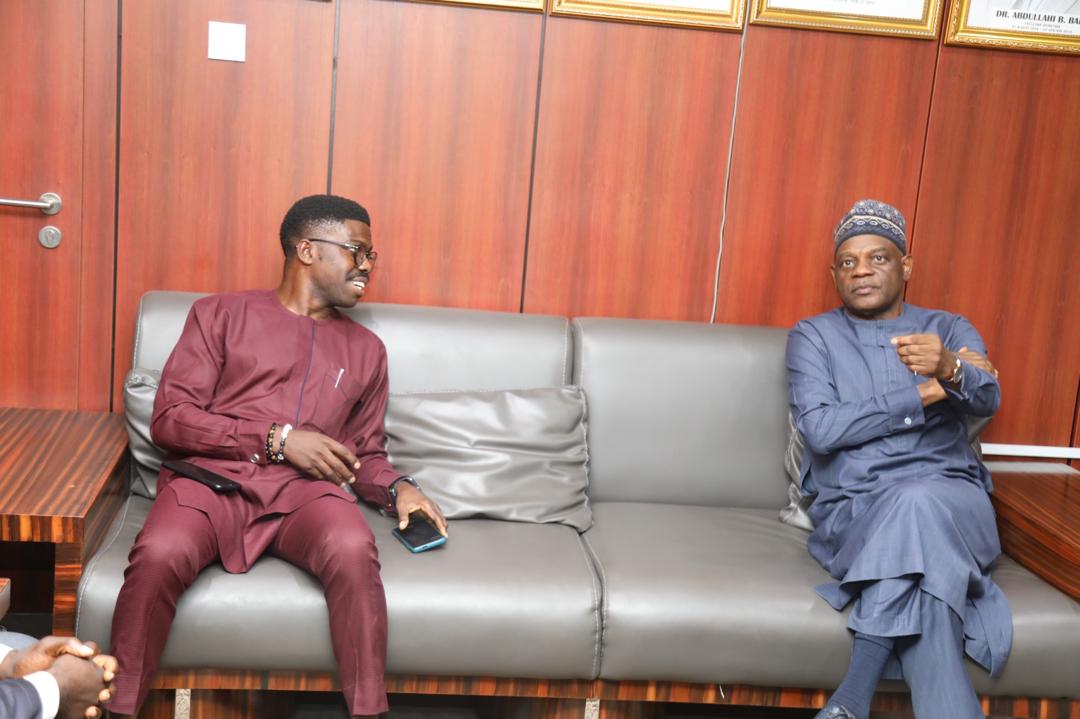
There is what is known as the disbursement cycle. We provide you with an initial amount to enable you to commence the project once you have completed the procurement process. However, the balance of the funds is disbursed in stages. We call it tranches.
Advertisement
Each of those tranches is tied to some predetermined milestone attainment. The project would have reached a particular stage before we release funds. So, if you reach a roof level, we’ll give you this amount of money. If you’ve finished installing all your windows, laying the tiles, and installing the ceiling, you’ll receive this amount of money, and so on.
Therefore, even at the best of times, we will have funds available for projects to reach those levels before releasing them. So, we keep the funds. However, that part she was paying attention to, which is also true, is that some of the projects have suffered delays. Some have gone into serious disruptions.
Issues within the community sometimes arise when poor contractors are unable to deliver, resulting in stalled projects. Some are due to the rapid or sharp rise in prices of building materials.
There was a time when all our projects were at a fixed cost. So, if anything happens, you don’t have an adjustment mechanism. Those projects get stalled because of the price increase in materials.
Advertisement
But we are working assiduously on that. What we did was to, first of all, stop deceiving ourselves that prices will remain constant for our projects. We apply international best practices by incorporating an adjustment mechanism into our projects, ensuring that additional funding is provided if needed to complete them.
We have even introduced a new intervention line for completing abandoned, distressed, and other projects. It is based on merit and on a very competitive basis. For those who meet these parameters, we provide additional funding.
Advertisement
There are some for which we punish the institutions because of their delay or inefficient supervision, and so on. So, in terms of what she said, I’m not debating the issue of figures because they keep changing every day.
TheCable: So, is it not a bureaucratic bottleneck in TETFund?
Advertisement
Echono: Absolutely not. Nothing like that because we are eager to provide them with these funds, and they are equally keen to access them.
TheCable: What informed the new intervention of medical simulation and alternative energy in tertiary education?
Advertisement
Echono: They are part of the initiatives by the president to ensure that we achieve greater allocative efficiency — that we use our money more prudently and more beneficially to our institutions.
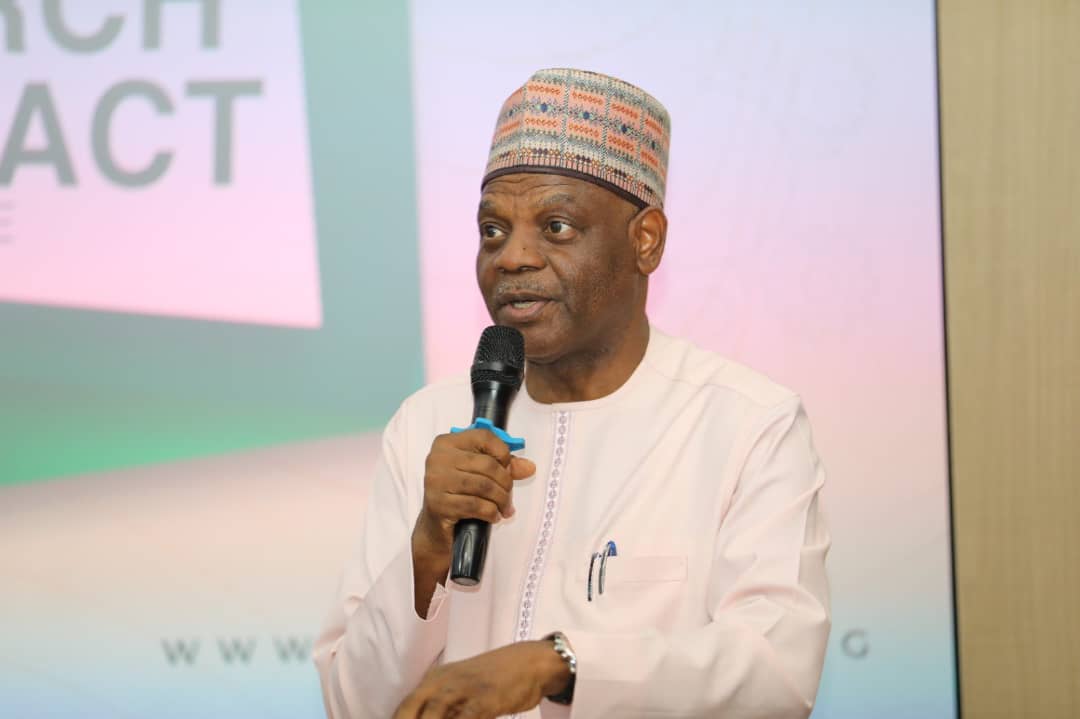
Over time, we have observed that many Nigerians apply to JAMB to study medicine and related health courses. But the facilities available in our institutions for those courses are inadequate. That is why they have quotas.
Two national problems are being addressed simultaneously. First, Nigerians are spending a significant amount of money on medical tourism, travelling to various countries around the world, including India, UAE, Egypt, the US, the UK, France, Germany, and elsewhere to seek medical help.
It was felt that if we could reverse that trend, we would gain a significant amount of foreign exchange. So, we need to provide modern medical facilities at home.
Secondly, there’s a huge run of doctors produced in Nigeria. Nigerian doctors are well-respected abroad. Our training programme for doctors is very rigorous, intensive, and acknowledged to be of high quality. So, they’re busy poaching our doctors.
When you hear of japa, many of them are medical doctors, lecturers, or people in specialised fields. So, again, despite not producing enough doctors, we are also losing a significant number of them.
So, the government decided, and we as a matter of policy advised, that rather than fighting and trying to create issues around people travelling or not travelling, let us recognise our reality. We’re in a knowledge economy. So, our doctors might also be part of our exports.
It’s not only crude oil and similar products, our intellectual assets are also part of what we’ll be contributing. So, let us significantly increase the number of these categories of people that we produce.
This programme is intended to expand opportunities. We’re starting in the first two years by doubling the current quotas.
Then, after that, we aim to quadruple the number of doctors, nurses, pharmacists, dentists, and others that our institutions produce. So, it’s a deliberate programme aimed at meeting the national skills gap in the health sector.
The second one pertains to alternative energy sources. You must have read in the papers how our institutions are groaning under the heavy weight of energy bills. Some of the bigger institutions pay N300 million a month. Yet, if you examine their budgets, some of them get less than half of what they spend on electricity bills to run the entire institution in a year.
We felt that it was not sustainable. Not enough of these schools are even generating enough IGR to cushion this additional cost or burden. That’s why we, the board of trustees, had a retreat and resolved to assist our institutions in solving this problem by providing alternative power for them in a series.
The government had recognised the challenge ahead, and for the past seven to eight years, there have been interventions in this area. It’s just that it is coming in slowly. There are four stages.
REA has been managing various programmes to provide power to some institutions. And if you visit some of our institutions now, for instance, the University of Ndufu–Alike (Alex Ekwueme Federal University), they even have more power than they need. They are even giving some to the community. If you visit Makurdi, you will find that the Federal University of Agriculture is energy-sufficient, as it also has this solution.
In some locations, we have provided them, but they are not working very well. We have problems with them in Sokoto, Kano, and so on. We are trying to resuscitate them. Contractually, there were issues. However, those are part of the problems that arise when you contract and do not handle them efficiently. We are resolving those issues.
We have new projects. First, the World Bank gave a loan for the second phase. The first phase was the government budget. The third phase was the African Development Bank. Now, the government has established a special fund at stage four. TETFund has picked up stage five. Gradually, we are working to ensure that our institutions, including universities, polytechnics, colleges of education, and teaching hospitals, have a consistent power supply.
We are investing heavily in alternative power. This year, we allocated a proportion of between N70 and N75 billion naira for that particular purpose.
We will continue this process on an annual basis until we have covered all our institutions, ensuring they have steady power. Students can learn on campus, so they won’t have to cope with some of the negative things we see on TV or social media, such as our schools conducting WAEC exams with torches in the 21st century.
TheCable: With the growing legislative scrutiny, probes into TETFund disbursements, and moves to amend the TETFund Act, do you think TETFund is facing political pressure?
Echono: Naturally, I would say yes and no. Yes, in the sense that we, as an institution, are expected to be accountable. There are regulatory authorities that oversee us. Because we are dealing with public funds, we must maintain a standard or level of probity of judicious allocation that can be attested to.
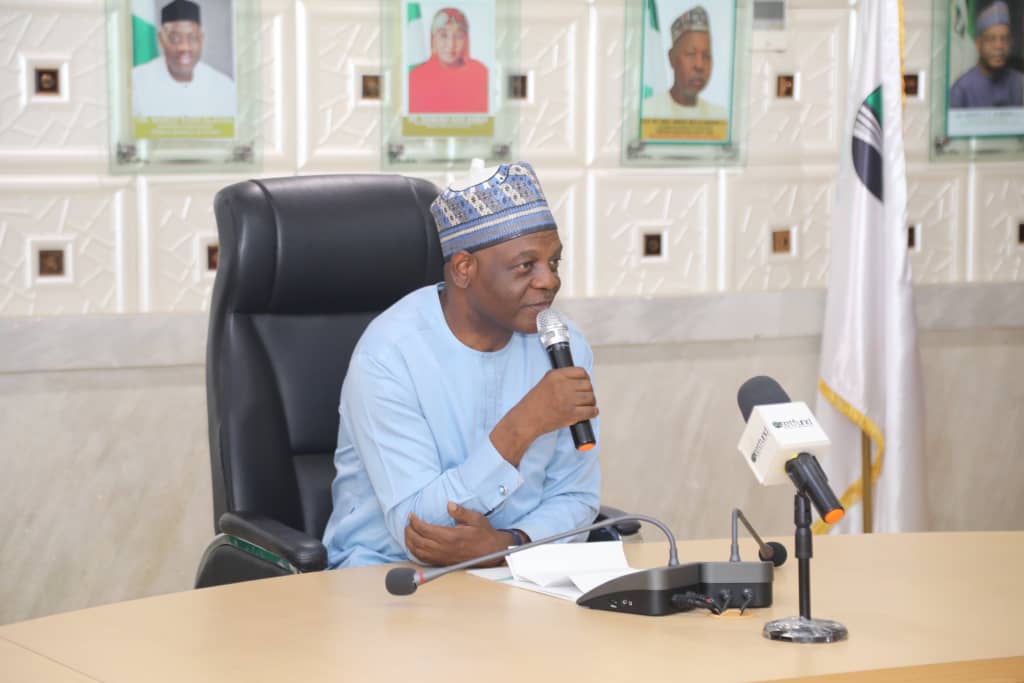
These bodies are established for that purpose, to ensure that we do that. They are holding our feet to the fire, and it is desirable for any economy. Nobody enjoys it, but it is a requirement for any modern society that wants to be accountable.
However, the flip side is sometimes the relevance of all these interventions. We have specialised committees devoted to that fund in the national assembly. We also have statutory committees, such as the public accounts committee, and we make submissions to them.
But unfortunately, in the Nigerian context, I can tell you more than 30 other committees, many of whom have no direct bearing on what we do, come here to us and insist, give us this, give us that, give us this document, come and appear before us, come in person, bring that, and so on. Many times, you ask: What is my business? How does this relate to our mandates?
I recall that one committee almost threatened us with arrest warrants despite us having communicated with them four times. They didn’t acknowledge that we did. We informed them that the institution they are referring to is not a TETFund beneficiary institution. So, we have no business with them.
There are many others like this, so it becomes a level of distraction.
TheCable: Can you speak on TERAS and BIMS of TETFund?
Echono: Not too long ago, Nigerian universities were rated very highly on the global stage, a distinction that was achieved one or two generations ago. Today, to remain competitive, you must meet specific standards.
The reason we have dropped in rankings is due to certain practices or deficiencies that we have identified and evaluated ourselves. A key to this is being able to leverage ICT, as today, everything around the world is impacted by it.
What is happening around the world? They’re using hybrid mode. Online courses are becoming normal. It’s seamless; at any time, people are learning. That way, you can improve access. Increasingly, more people can walk to school and engage in various activities. The other one is the efficiency that it brings. We no longer need an extensive library.
You can have digital libraries; you subscribe and can access 1,000 books in one day, as many as you wish, at the click of a button. But you need to have access to this technology. You need to have this infrastructure. That is why TETFund has also been concentrating on increasing these investments in ICT infrastructure.
One of the initiatives we undertook was to establish the Tertiary Education Research and Applications Systems (TERAS). It’s a platform where we aggregate a lot of these resources, anti-plagiarism checkers. So, any student can be onboarded. That’s how we have what we call BIMS. BIMS is a beneficial identity management system. All the lecturers in our institutions and students can be boarded.
As we bring these technologies and harness their potential, we can translate and transfer them. We are now creating innovation hubs in our schools because that’s the direction of education.
This formal education in our classroom, where we read books and pass exams, is fading. It’s skills; it’s knowledge; it’s creativity; it’s innovation; it’s entrepreneurship. That is what we are now gravitating to. We are providing those things.
We are providing modern research laboratories and regional centres, so you don’t need to carry any samples to any country. We do it all locally. We are doing six of those. Four are already under construction, as we have just commenced. The last two are scheduled to arrive later in the year. By the time we finish them, we’d have covered our bases in the country.
Having six multi-regional research centres in the country is a significant achievement. There’s so much else we are trying to do. With that goal in mind, our universities must reclaim their lost glory. We want them to become globally competitive.
We want to improve the ranking of our institutions. We aim to attract students from around the world to return here, as they did in the 1960s, especially from across Africa.
